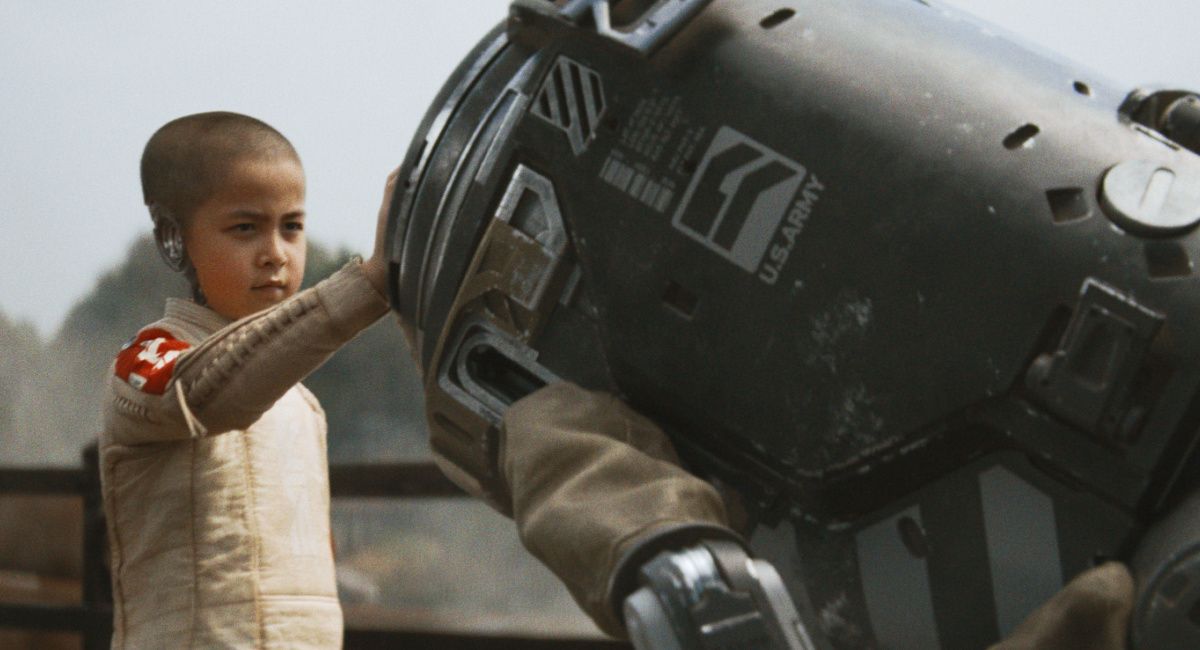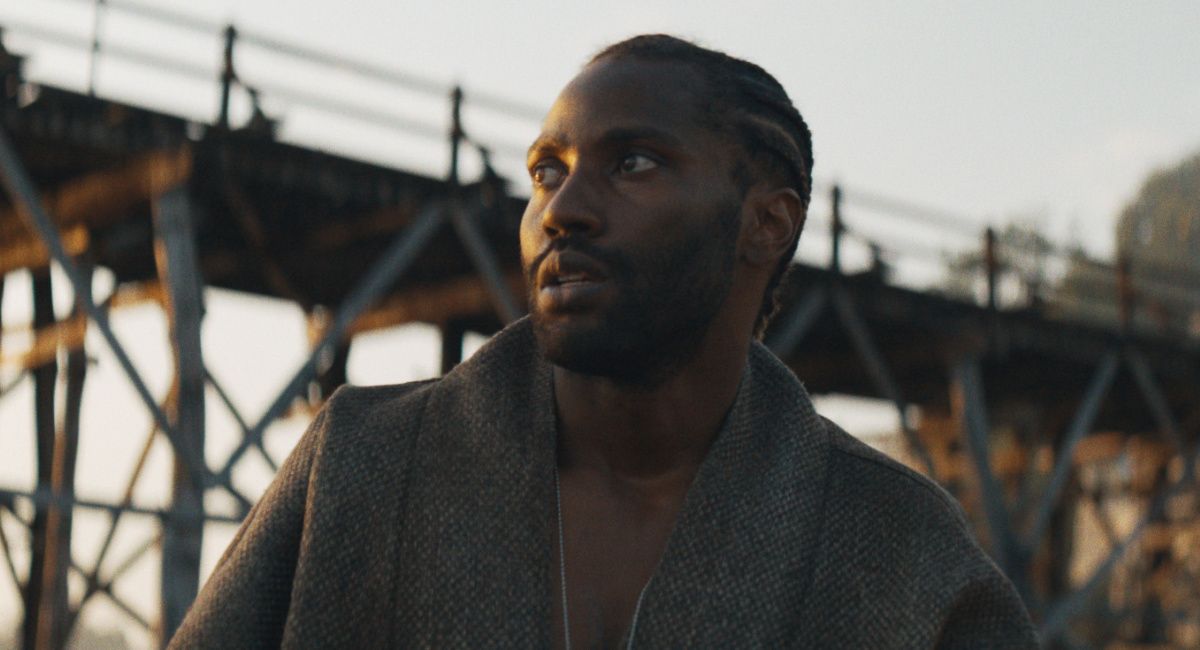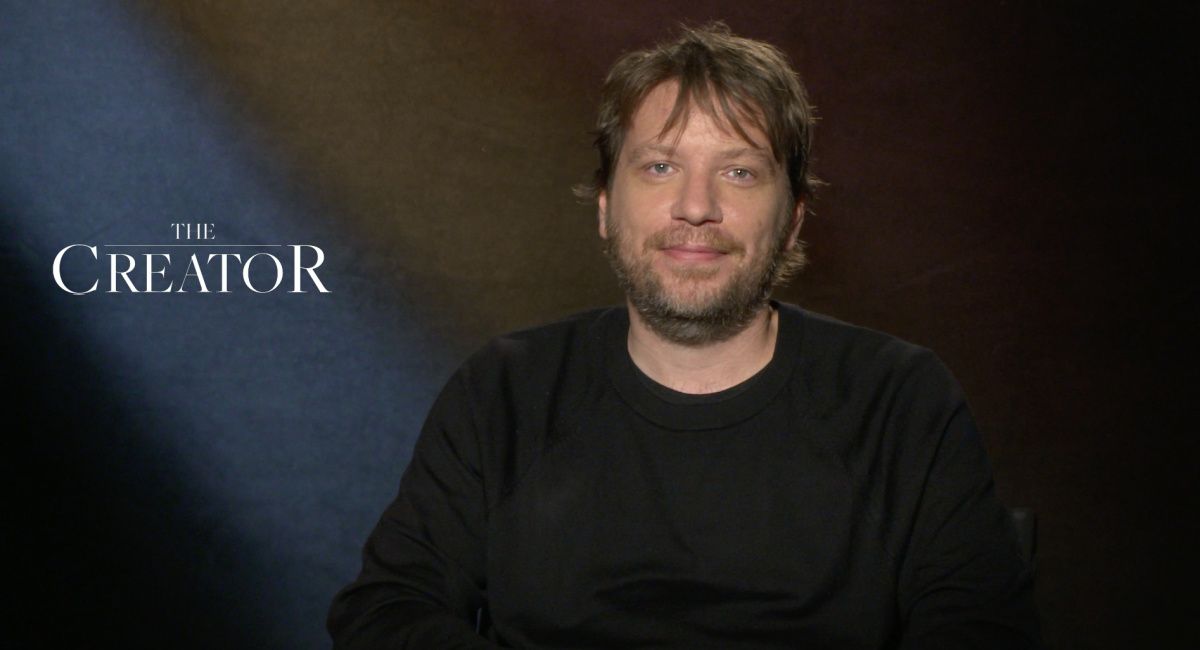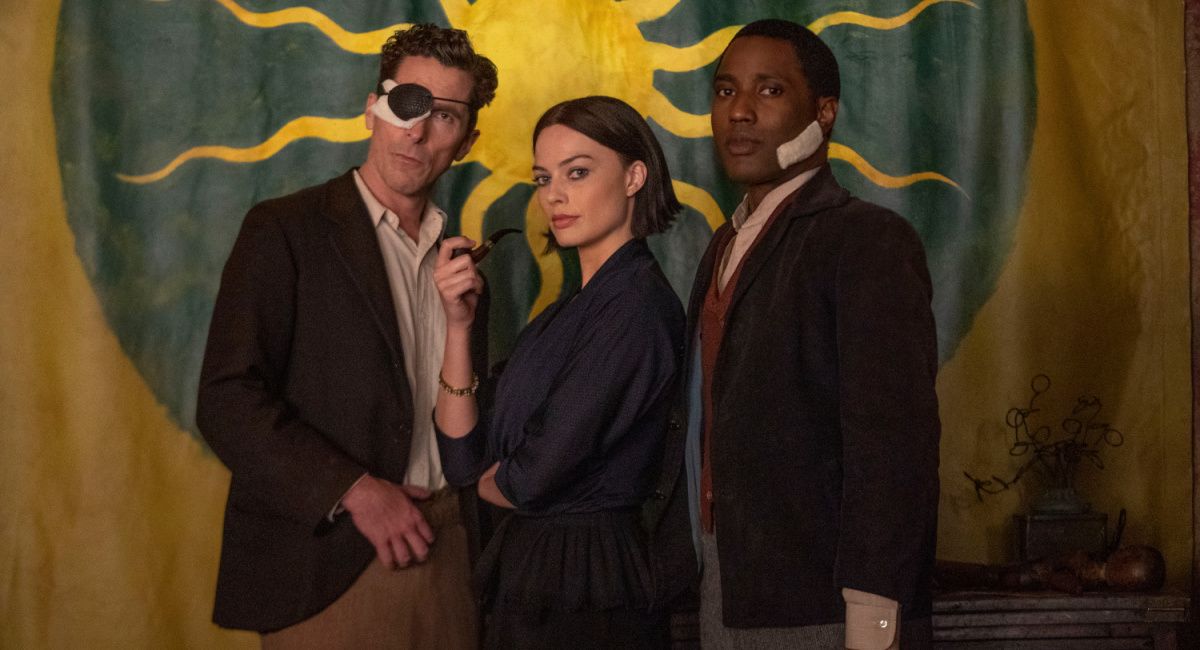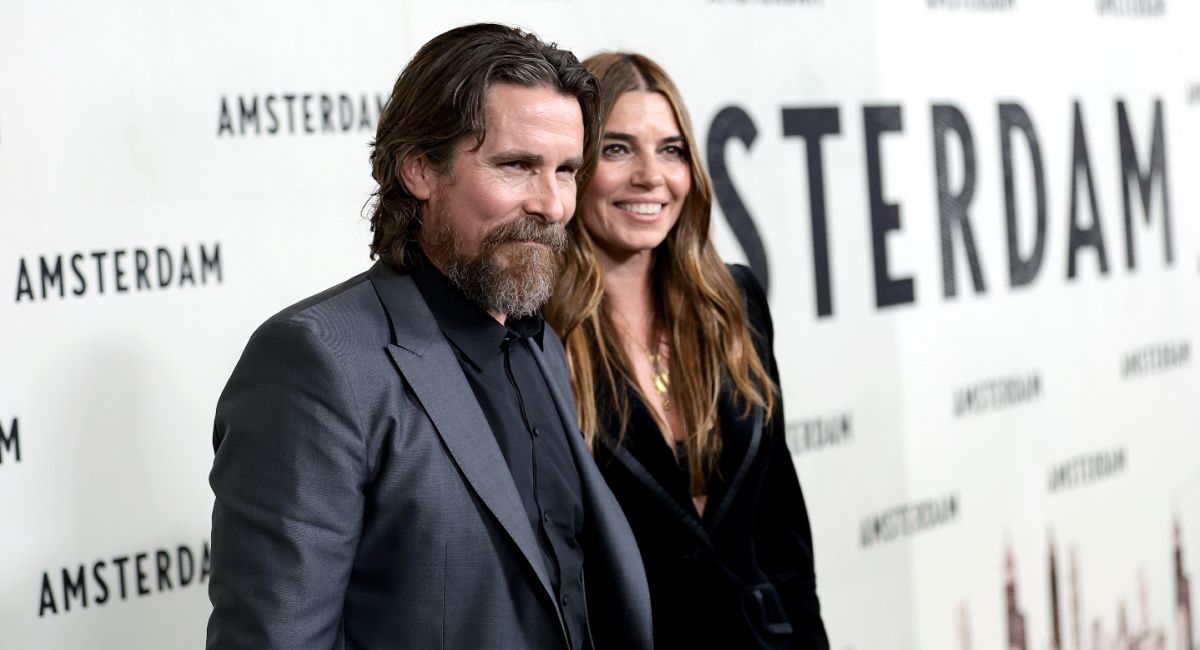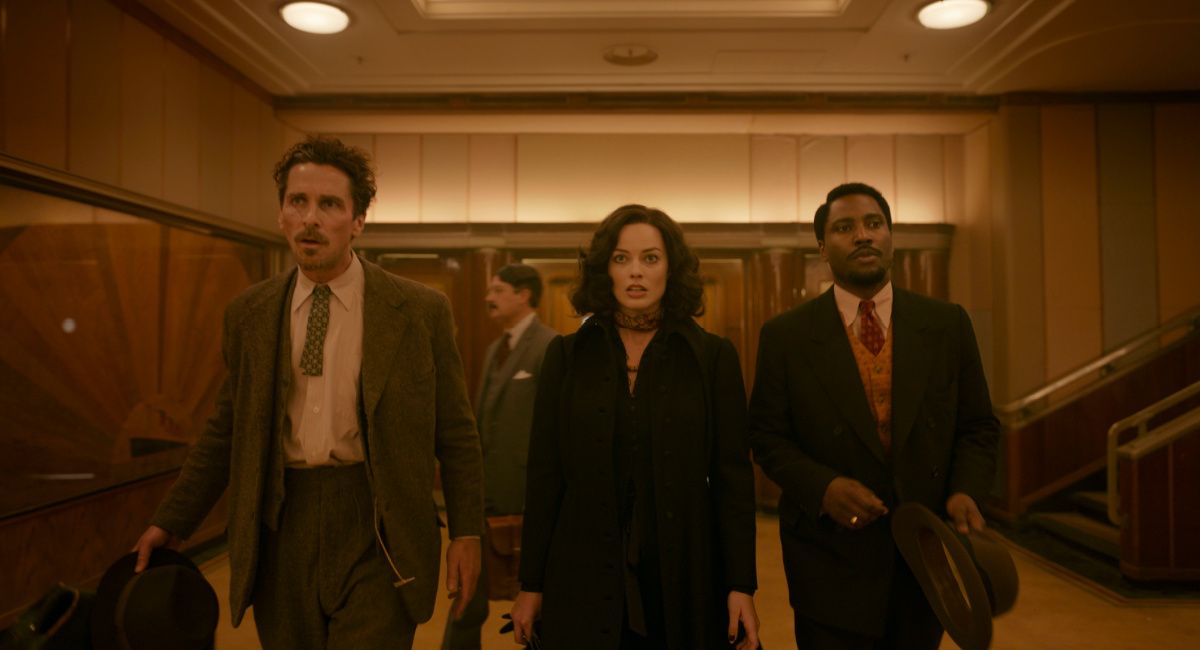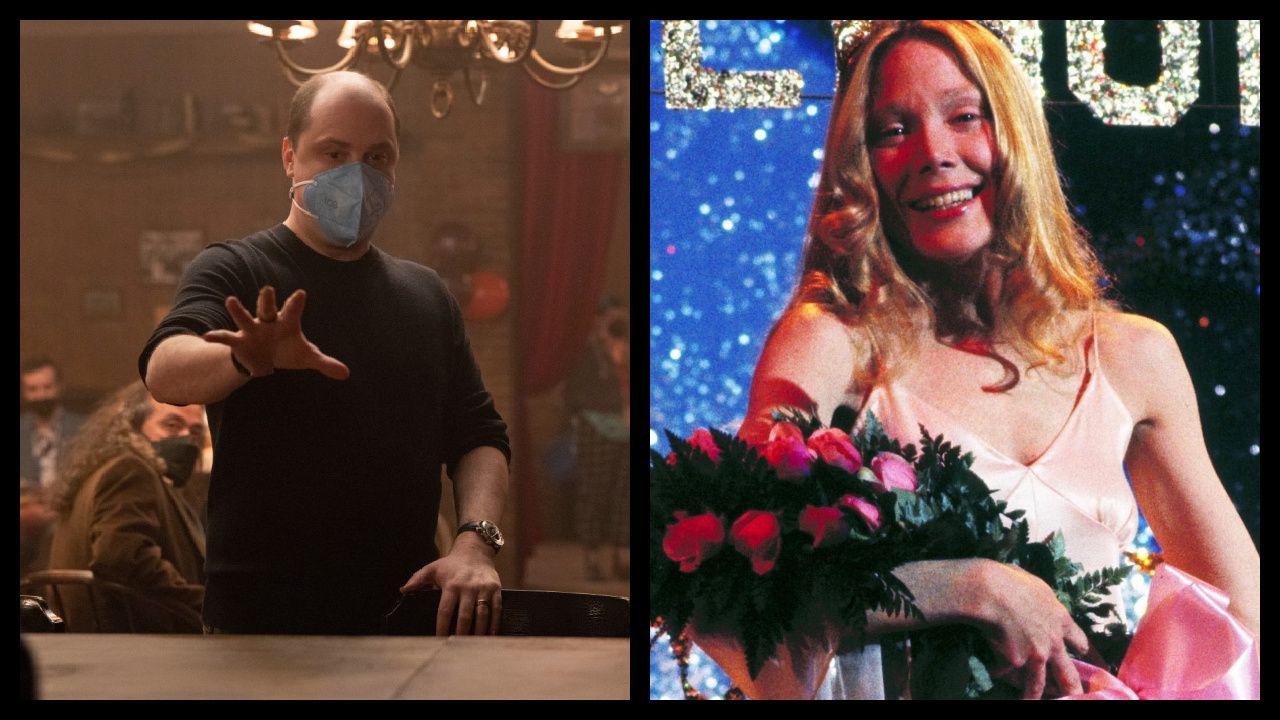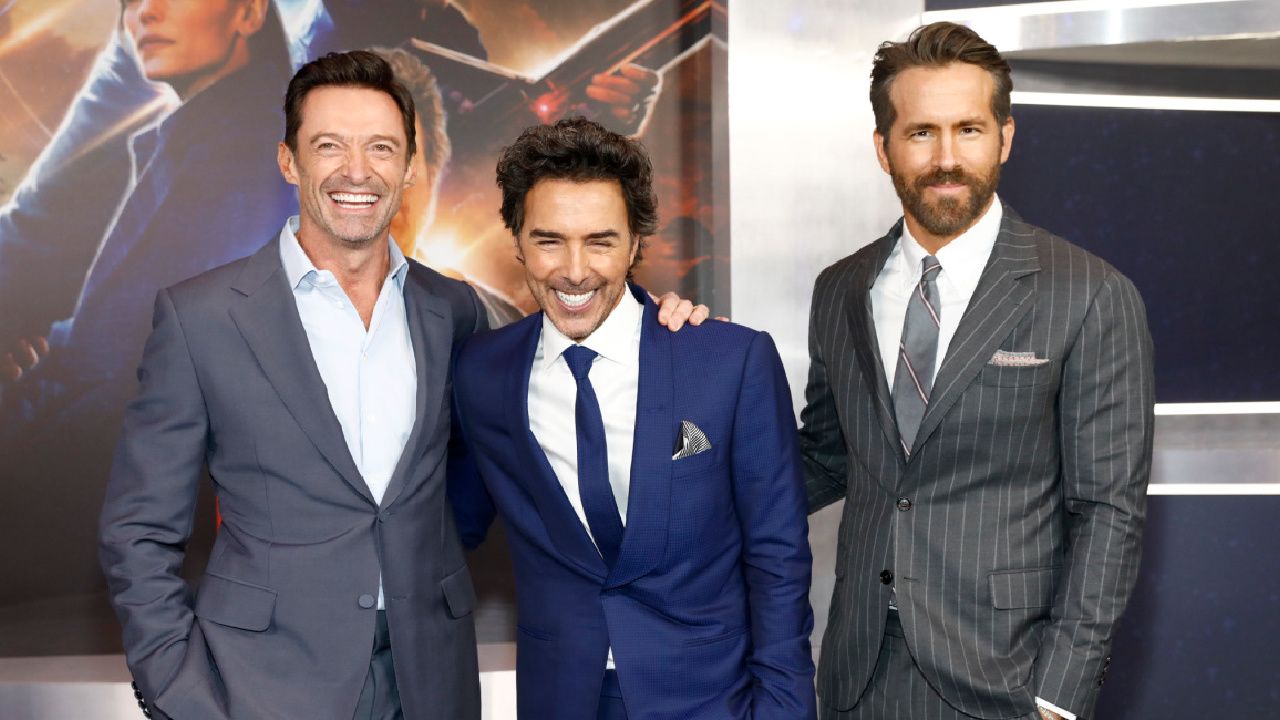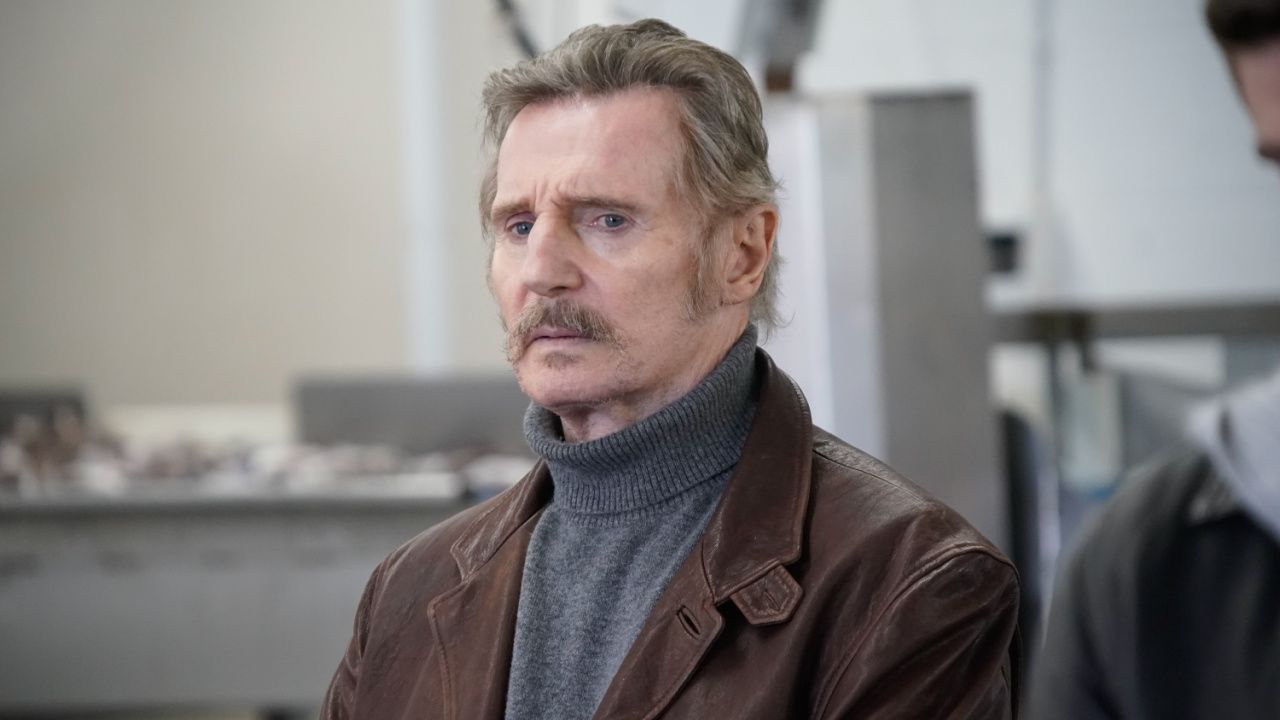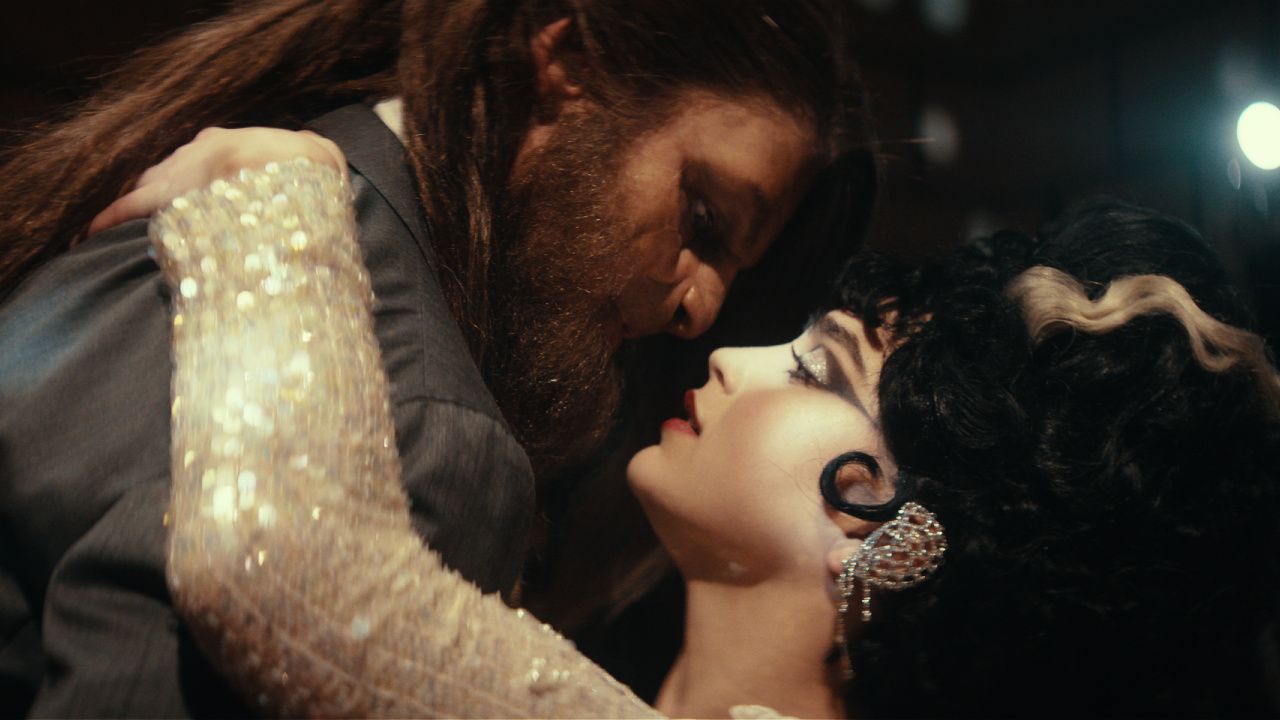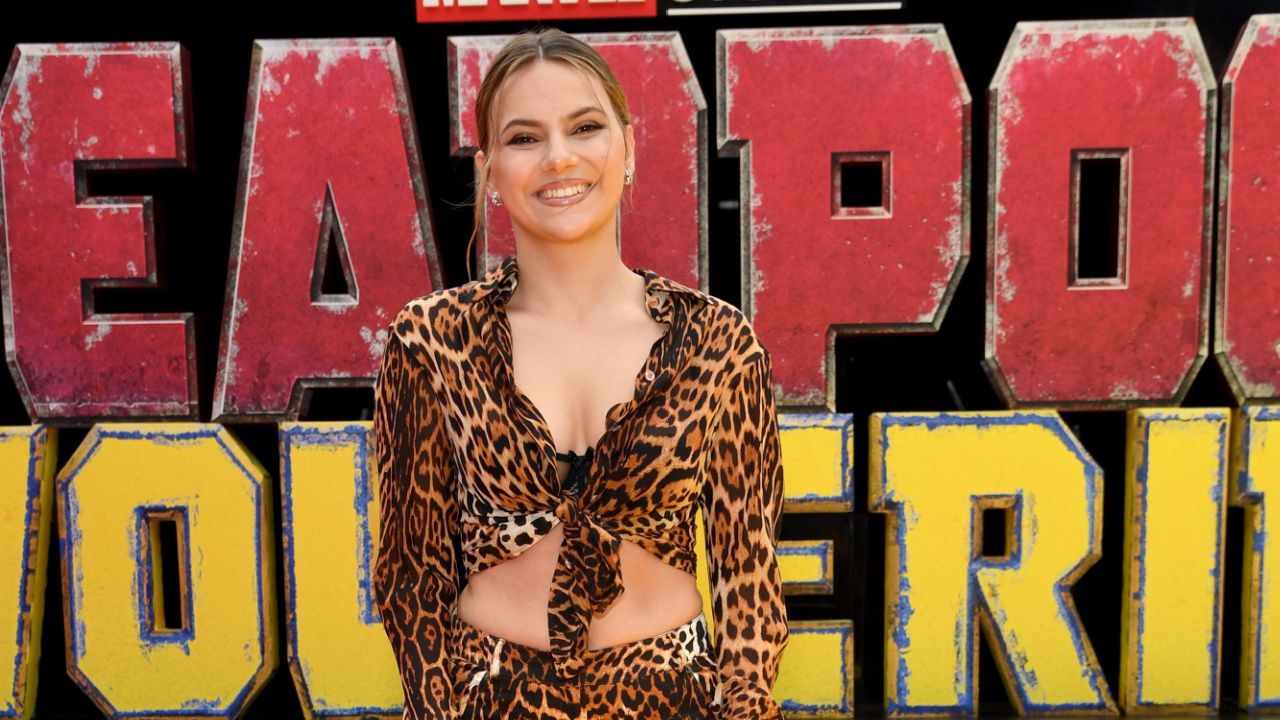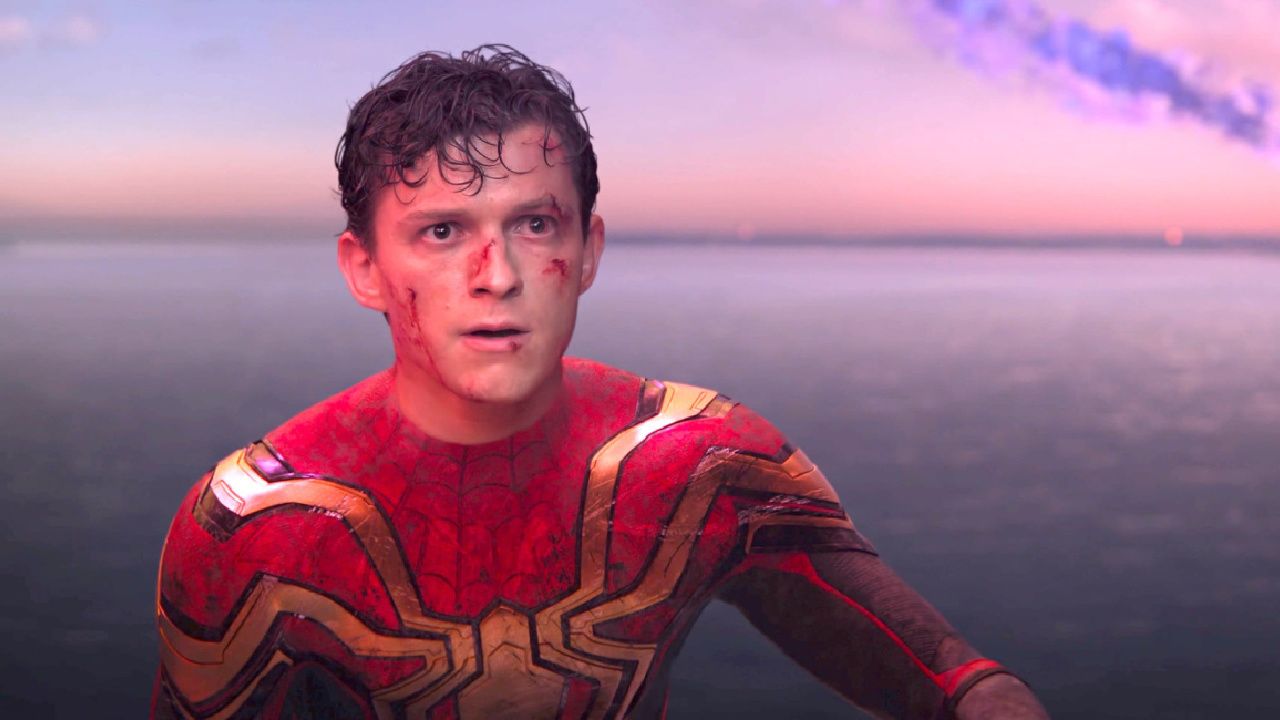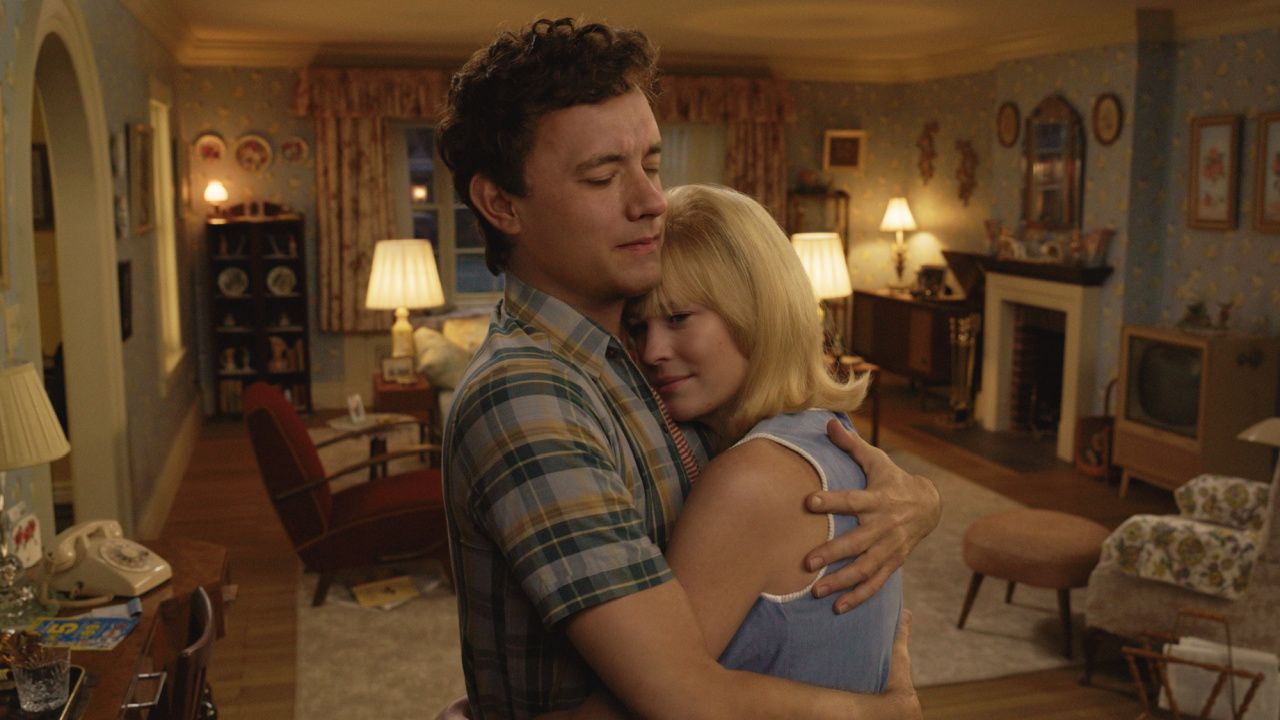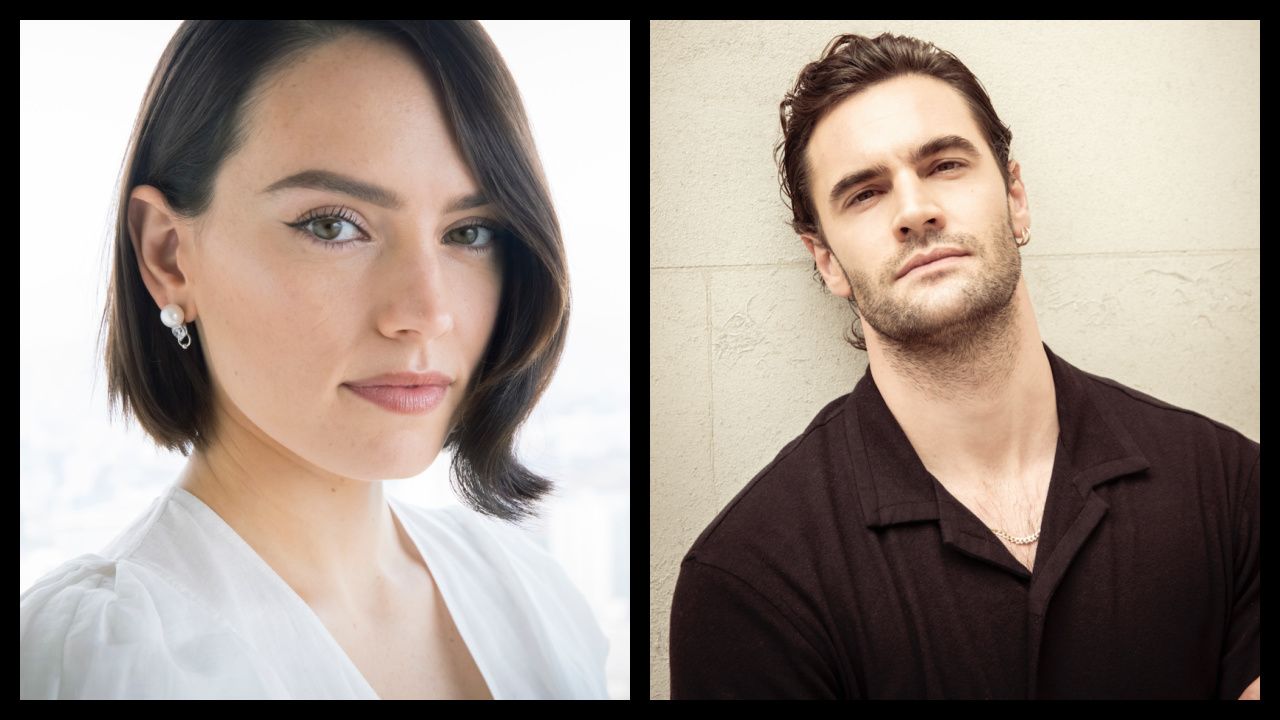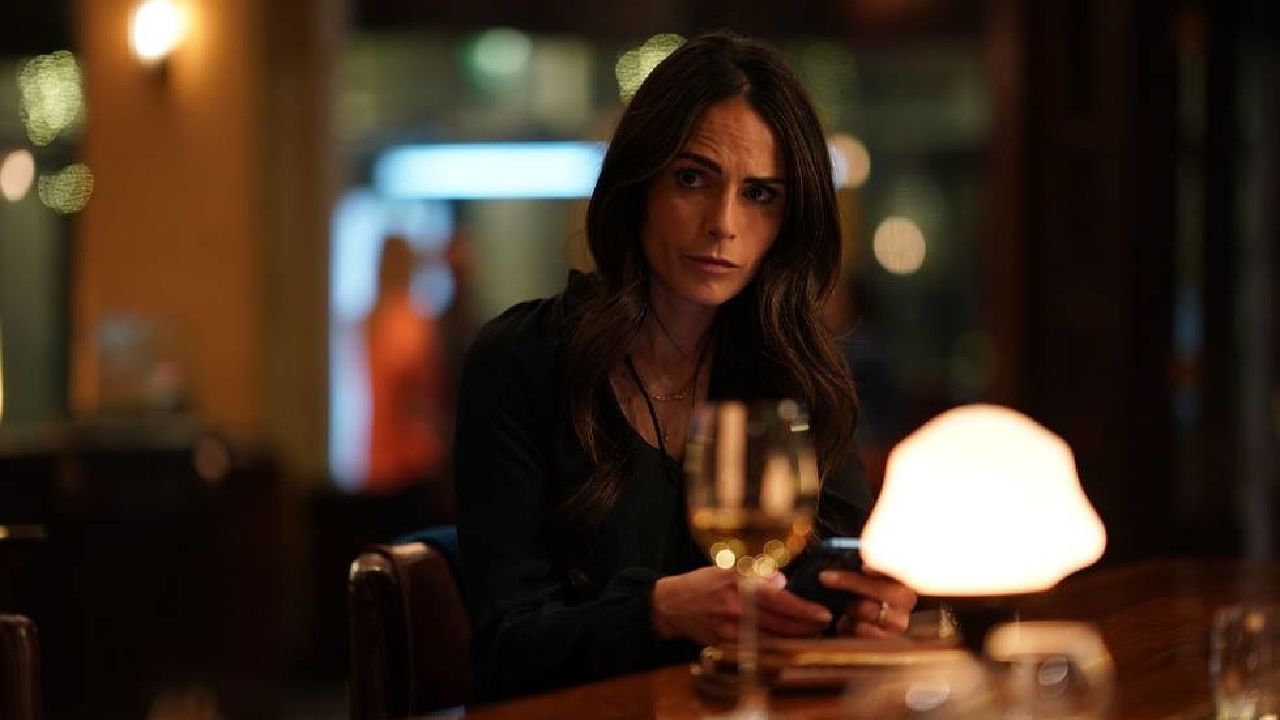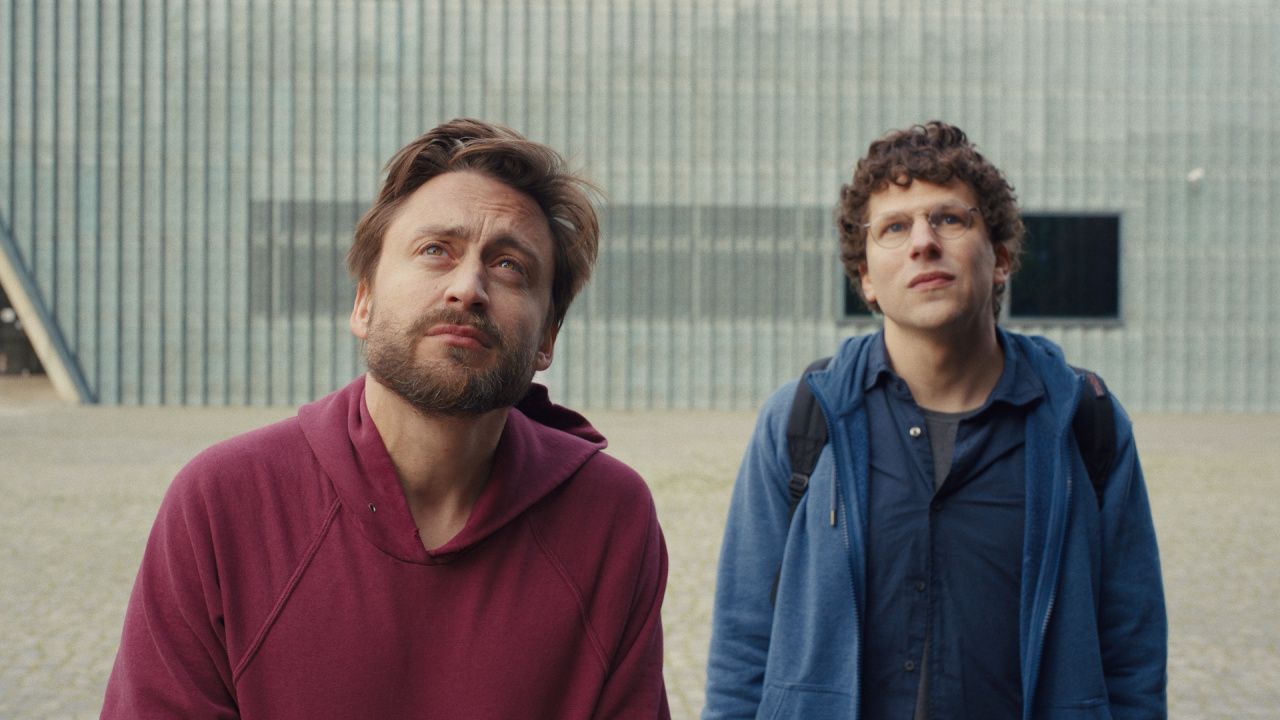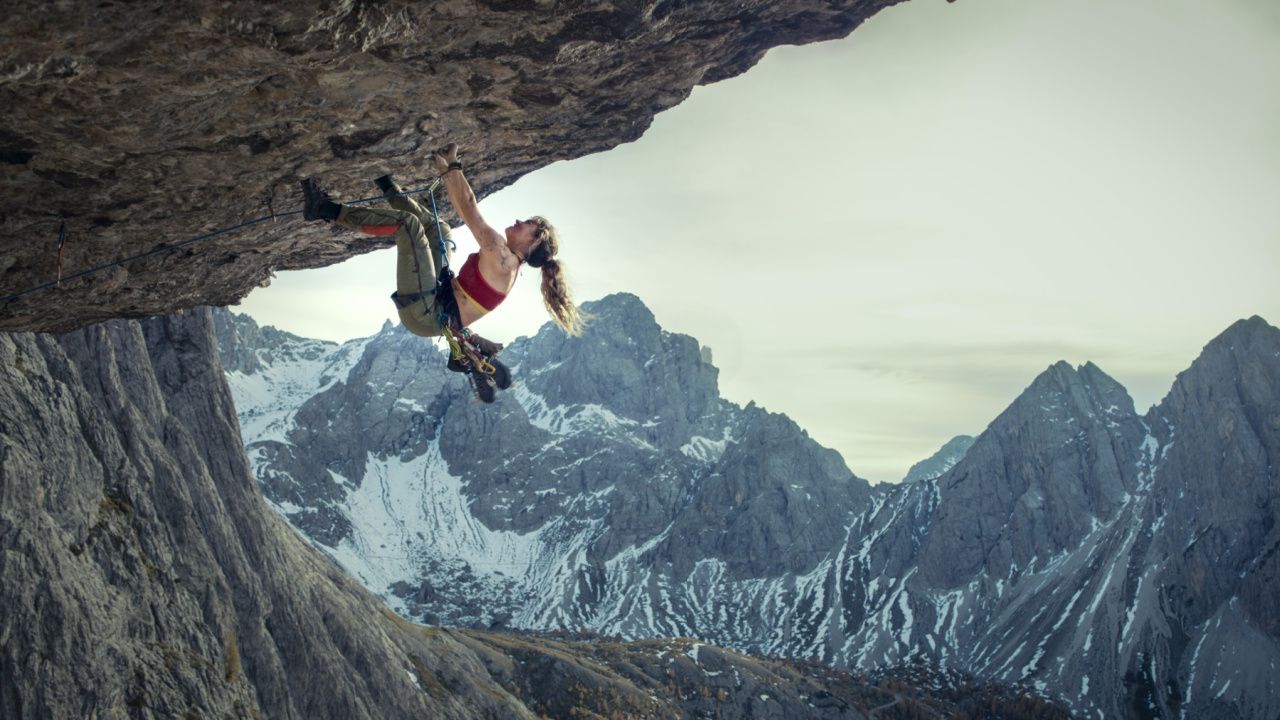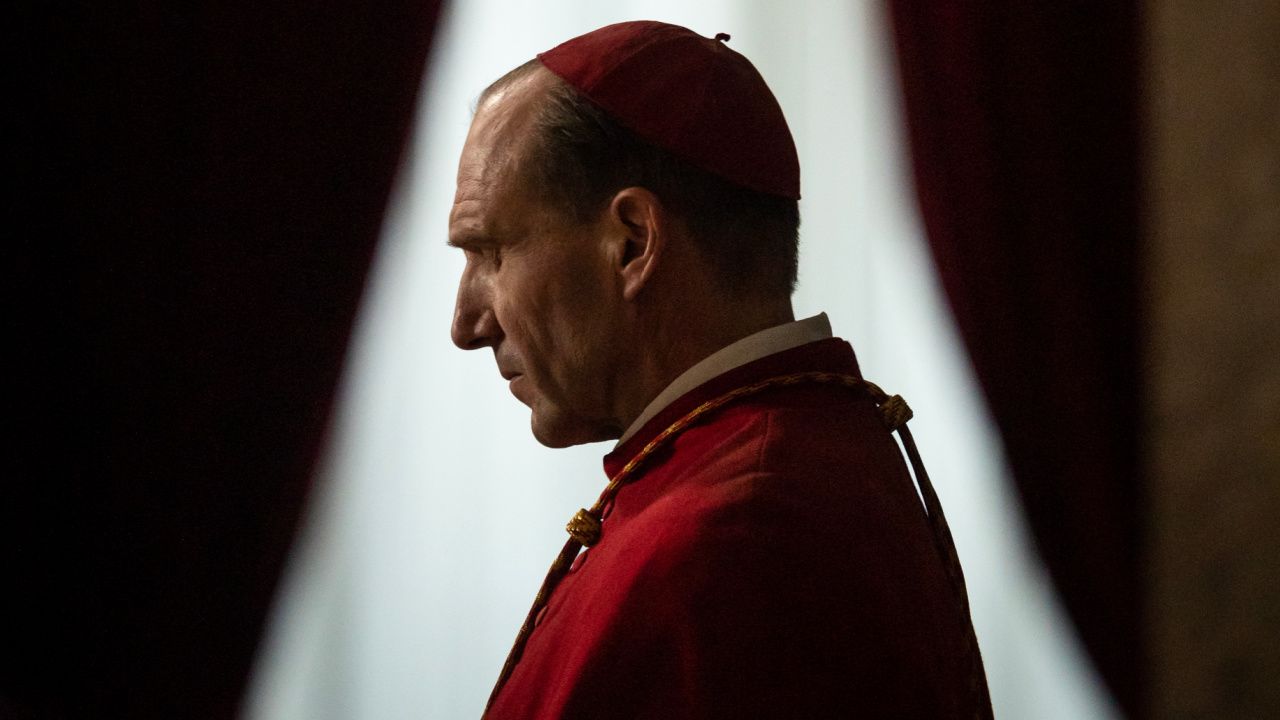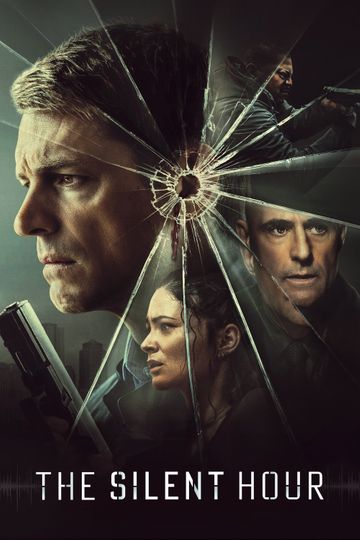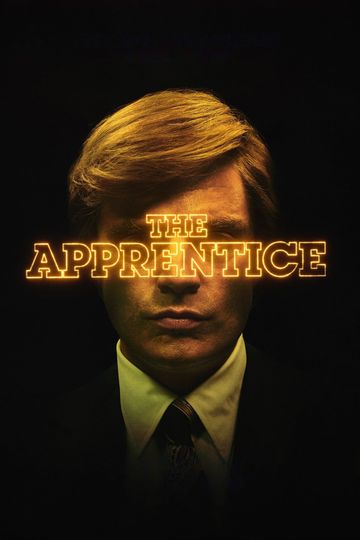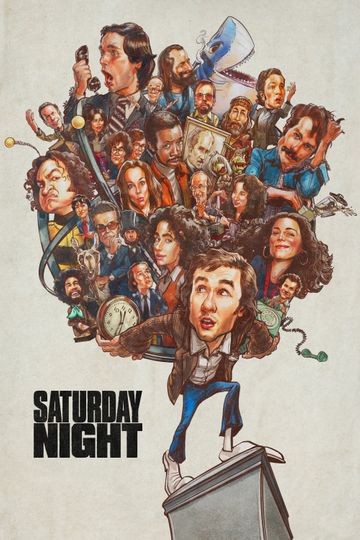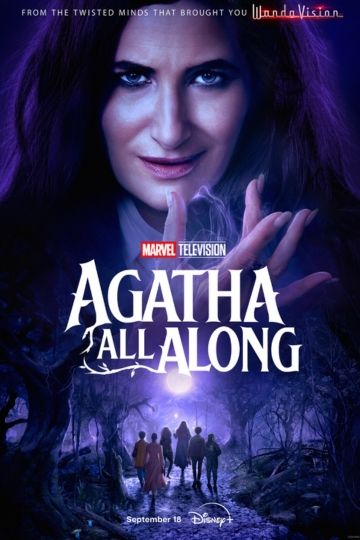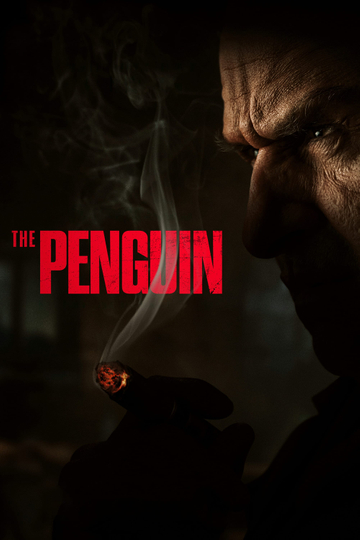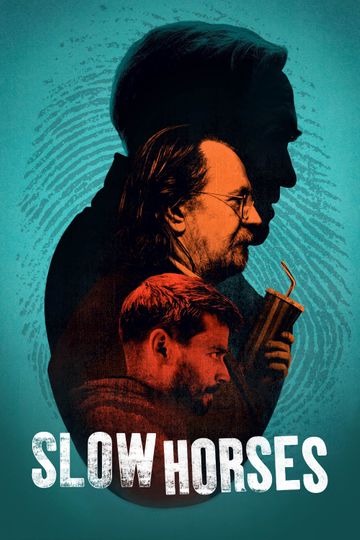'Monsters and Men' Director Reinaldo Marcus Green Reveals His Inspiration for His Powerful Film
Writer-director Reinaldo Marcus Green's first feature film, "Monsters and Men," is a powerful examination of three very different characters' reactions to the video of a deadly police shooting: The man who shot the video (Anthony Ramos), a conflicted cop (John David Washington), and a high school baseball phenom (Kelvin Harrison Jr.) who is inspired to take a stand.
Moviefone talked to Green about his inspirations, being mentored by Spike Lee, and working with rising star Washington.
Moviefone: What inspired you to make this film?
Green: In 2014, I made a short film called "Stop" for $500 with some friends and family. That short was selected to premiere at the Sundance Film Festival in 2015. In "Stop," I cast a friend of mine, who is an aspiring actor, but also happens to be an active member of the NYPD. We grew up together on Staten Island. Fast forward, and we get to Sundance, and my friend -- who is a cop -- is lodging with me. We had just finished premiering our film -- it was 2am -- and we started talking about the Eric Garner case.
What started out as a normal conversation between two friends ended up in a pretty heated debate. We saw two totally different things while looking at the same exact video. It was one of the most powerful conversations I've had in my adult life. That conversation sat with me for six months. I had no intention of turning my short into a feature, but I couldn't shake the power of that conversation -- so I decided I wanted to make a film about perspective -- and that's where the triptych structure was born.
How did the cast come together?
Hats off to WME for introducing me to Avy Kaufman, who is a legendary casting director based in NYC. Avy introduced me to most of our amazing cast, including, but not limited to, Nicole Beharie, Cara Buono, and Chanté Adams.
What about John David Washington? Was this made before or after "BlacKkKlansman"?
I went to NYU Tisch Graduate Film School where Spike Lee teaches. As a former alumni, I was able to sign up for office hours. I decided to take Spike up on his 30-minute slots he offers to students in order to get his blessing. He was the first to tell me about John David Washington. Spike hadn't filmed 'BlacKkKlansman' yet, but he was obviously aware of John's burgeoning talents.
Shortly thereafter, I had a Skype with John David, and invited him to a Sundance Institute sponsored screenplay reading in NYC. He accepted. I then invited him to spend three weeks with me -- unpaid -- at the Sundance Directors Lab in June of that year. We were able to spend three weeks together, and we bonded like brothers. The rest is history.
And how did you end up casting Kelvin Harrison Jr. and Anthony Ramos?
Kelvin was in another similarly titled film called "Monster," which hadn't yet come out at the time. The director of the film, Anthony Mandler, was gracious enough to let me sneak into his editing room. I took one look at Kelvin, and thought to myself, this kid is a star. I cast him from that few seconds of tape.
With Anthony Ramos (star of the Broadway hit "Hamilton"), yet another Skype call. I think Anthony was the fastest I had ever cast anyone, ever. I took one look at him, the sound of his voice, the humility in his face, the pain, the joy, and I knew the role was tailor-made for him. I think I accidentally cast him without producer approval, but I was willing to suffer any repercussions because he had to do the film!
Washington is also getting strong reviews for his work in “BlacKKKlansman." Can you talk about choosing to open the film with his scene in the car where he gets pulled over for no reason?
Spike is a master filmmaker -- my teacher, my friend, and my mentor, so thank you. I wanted something that set the tone of the film right away -- what is this film all about? I wanted to subvert the audience's expectation, play with tension, and set the viewer on a ride where they were hooked from the opening frame. I thought about a film I love, "Jerry Maguire," and that scene with Tom Cruise singing Tom Petty's "Free Falling." And the first thing that came to mind was, imagine if Tom Cruise was black, and I had a chuckle to myself. That laugh turned into our opening scene.
Each of the characters have something to lose by coming forward or standing up for what they think is right. Can you talk about what the decision to act (or not act) means for each of them?
Each protagonist in the film is faced with the exact same dilemma -- to speak up or remain silent.
I think, for each of our protagonists, they struggle with what's the right thing to do. They're all given an option to choose -- to be monsters or men -- and that choice can and often does effect their entire life.
For Manny (Ramos), he must decide to stay silent and protect his family, or speak up and face whatever repercussions may arise from doing what he considers to be the right thing.
For Dennis (Washington), he must decide to protect his family, his job, his promotion, and face whatever repercussions may arise from doing what he considers to be the right thing.
For Zyrick (Harrison), he must decide to speak up or remain silent -- protect his family, his future, keep his head down, get his scholarship, or he can join the fight for justice and face whatever repercussions may arise being on the front lines.
Why did you decide to not show the actual shooting or the video of it in the final film?
We made the decision to leave it out pretty early on. I remember listening to the dispatch radio recording of the Trayvon Martin shooting, and how powerful it was hearing it. I didn't need to see it. My imagination was enough. It broke my heart. I also thought that we see these videos all the time by just turning on the news. I wanted to show the lives of people who are affected by the videos. The people we forget about.
What was the hardest or most emotional day on set?
To be honest, the last day is always the hardest for me, when you have to say goodbye to the people you just had a baby with. It's strange. In some cases, you'll never see these folks again. It's bittersweet. The hope is you'll get to work together over and over again, but as with life, it often moves on. So that's always hard. Saying goodbye is never easy.
What do you hope audiences take away from the movie?
I hope a few things. I hope they enjoy it, as a movie, with no pretenses. I hope that it can inspire or empower folks to speak up for what they believe in. I hope audiences can feel like they want to do something, even if they don't know exactly what it is.
The hope is we planted a tiny seed. Ultimately the hope is that we can engage in meaningful dialogue, that can hopefully lead to meaningful change.
"Monsters and Men" is now playing.












